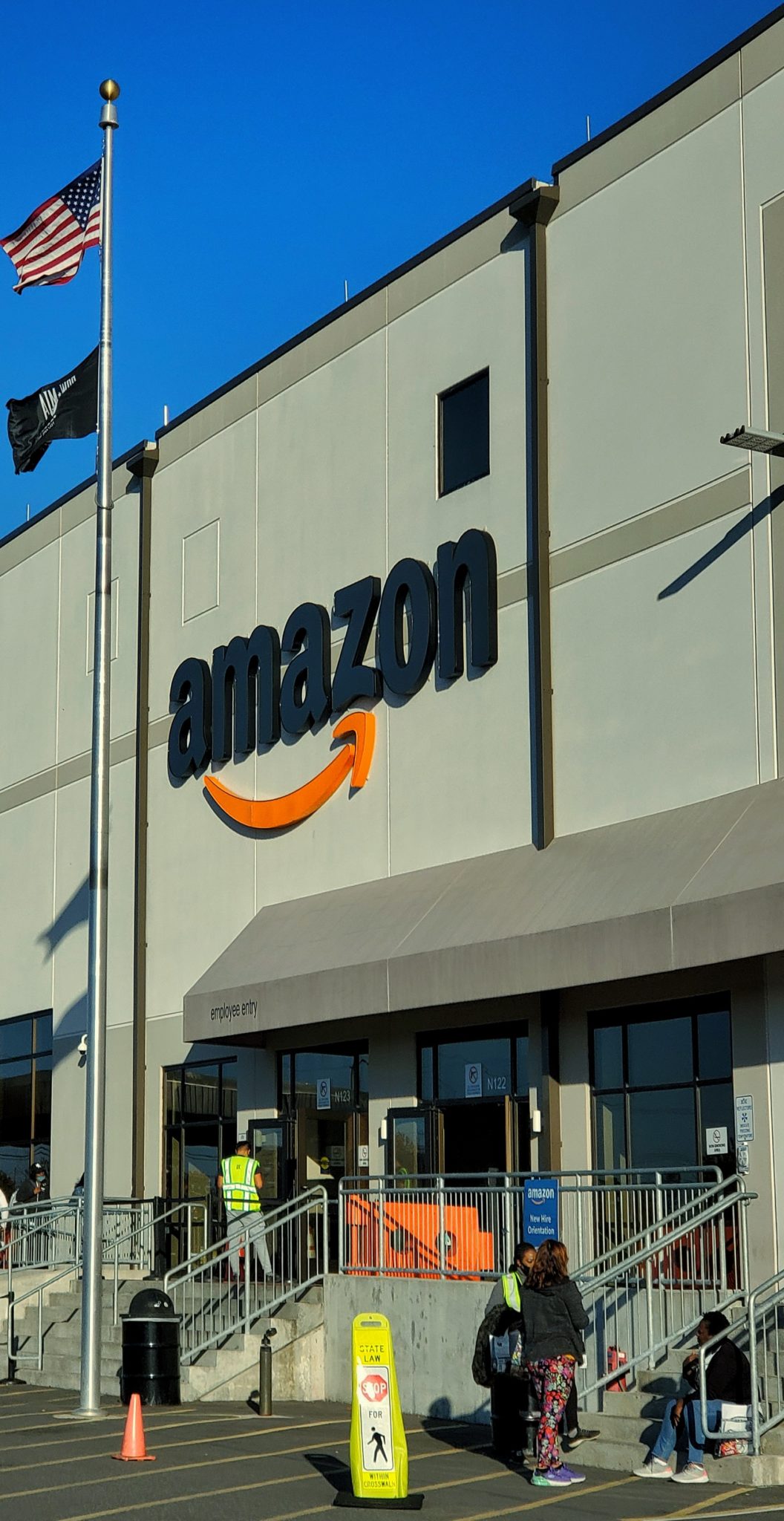
Jason Vazquez is a staff attorney at the International Brotherhood of Teamsters. He graduated from Harvard Law School in 2023. His writing on this blog reflects his personal views and should not be attributed to the IBT.
On Tuesday, the Missouri Supreme Court invalidated a state law which sought to impose major restrictions on public sector unions. The law’s sponsors disclosed, plainly enough, that the bill was aimed at bringing about “the ultimate goal of right to work,” which Missouri voters had rejected in a ballot initiative the same year the nullified statute was adopted by the legislature. The legislation contained a last-minute exception for police and other “public safety” unions, which, in the Missouri Supreme Court’s view, ran afoul of the state constitution’s equal protection guarantee.
A new report by the Strategic Organizing Center (SOC), a coalition of SEIU, IBT, CWA, and UFW, finds that Amazon warehouse employees are injured at nearly double the rate of workers in other warehouses. The report attributes these alarming figures to the exacting productivity targets that Amazon imposes on the million individuals working in its fulfillment centers. Indeed, SOC’s report coincides with leaked pamphlets disclosing that Amazon refers to its warehouse employees as “industrial athletes,” and exhorts them to “prepare their bodies” for their toil. The e-commerce firm has a long history of worker abuse, prompting CEO Jeff Bezos to concede in his final letter to shareholders that it must “do a better job for [its] employees.” Although the unionization drive in Bessemer was unsuccessful, the abusive working conditions exposed by the SOC report will surely continue to spawn organizing efforts.
An industry survey published Tuesday reveals that shortages of raw materials and labor have been precluding U.S. firms from satisfying increasing levels of consumer demand. In recent months, as the pandemic has abated, demand for goods and services has surged. Yet, supply bottlenecks and labor shortages continue, according to the survey, to suppress manufacturing capacity. Although an “overwhelming majority” of firms are seeking to hire new employees, more than half report struggling to do so.
On the West Coast, a coalition of major unions in California have accorded their support to Governor Gavin Newsom (D) in the recall election he appears likely to face later this year. The California Labor Federation, consisting of unions which collectively represent more than two million workers in the Golden State, endorsed the governor on Tuesday. “It makes no sense to attack the one person who gets up every day with the intent of keeping the state safe and moving forward,” explained the president of one of the Federation’s member unions. To be sure, California’s labor leaders have failed to uniformly back Newsom. Last week, for instance, the president-elect of the largest public sector local in the state, SEIU 1000, refused to support Newsom in the potential recall on the ground that he had imposed wage cuts on state workers last year, in an effort to shore up the pandemic-related budget deficit. Newsom, for his part, has since promised to restore the wages. Despite Local 1000’s misgivings, the president of SEIU California joined the CLF in expressing opposition to the “destructive, costly and distracting recall.”






Daily News & Commentary
Start your day with our roundup of the latest labor developments. See all
July 9
In Today’s News and Commentary, the Supreme Court green-lights mass firings of federal workers, the Agricultural Secretary suggests Medicaid recipients can replace deported farm workers, and DHS ends Temporary Protected Status for Hondurans and Nicaraguans. In an 8-1 emergency docket decision released yesterday afternoon, the Supreme Court lifted an injunction by U.S. District Judge Susan […]
July 8
In today’s news and commentary, Apple wins at the Fifth Circuit against the NLRB, Florida enacts a noncompete-friendly law, and complications with the No Tax on Tips in the Big Beautiful Bill. Apple won an appeal overturning a National Labor Relations Board (NLRB) decision that the company violated labor law by coercively questioning an employee […]
July 7
LA economy deals with fallout from ICE raids; a new appeal challenges the NCAA antitrust settlement; and the EPA places dissenting employees on leave.
July 6
Municipal workers in Philadelphia continue to strike; Zohran Mamdani collects union endorsements; UFCW grocery workers in California and Colorado reach tentative agreements.
July 4
The DOL scraps a Biden-era proposed rule to end subminimum wages for disabled workers; millions will lose access to Medicaid and SNAP due to new proof of work requirements; and states step up in the noncompete policy space.
July 3
California compromises with unions on housing; 11th Circuit rules against transgender teacher; Harvard removes hundreds from grad student union.